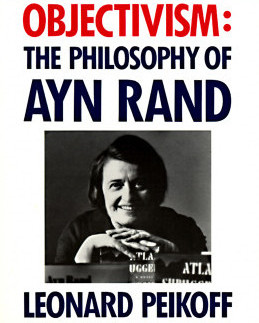An excerpt from chapter 3 on Concept-Formation from Objectivism: The Philosophy of Ayn Rand by Leonard Peikoff.
The final step in concept-formation is definition. This step is essential to every concept except axiomatic concepts and concepts denoting sensations.
The perceptual level of consciousness is automatically related to reality; a sense perception is a direct awareness of a concrete existent. A concept, however, is an integration that rests on a process of abstraction. Such a mental state is not automatically related to concretes, as is evident from the many obvious cases of “floating abstractions.” This is Ayn Rand’s term for concepts detached from existents, concepts that a person takes over from other men without knowing what specific units the concepts denote. A floating abstraction is not an integration of factual data; it is a memorized linguistic custom representing in the person’s mind a hash made of random concretes, habits, and feelings that blend imperceptibly into other hashes which are the content of other, similarly floating abstractions. The “concepts” of such a mind are not cognitive devices. They are parrotlike imitations of language backed in essence by patches of fog.
If a concept is to be a device of cognition, it must be tied to reality. It must denote units that one has methodically isolated from all others. This, in Ayn Rand’s words, is the basic function of a definition: …
Read the rest in Objectivism: The Philosophy of Ayn Rand.
